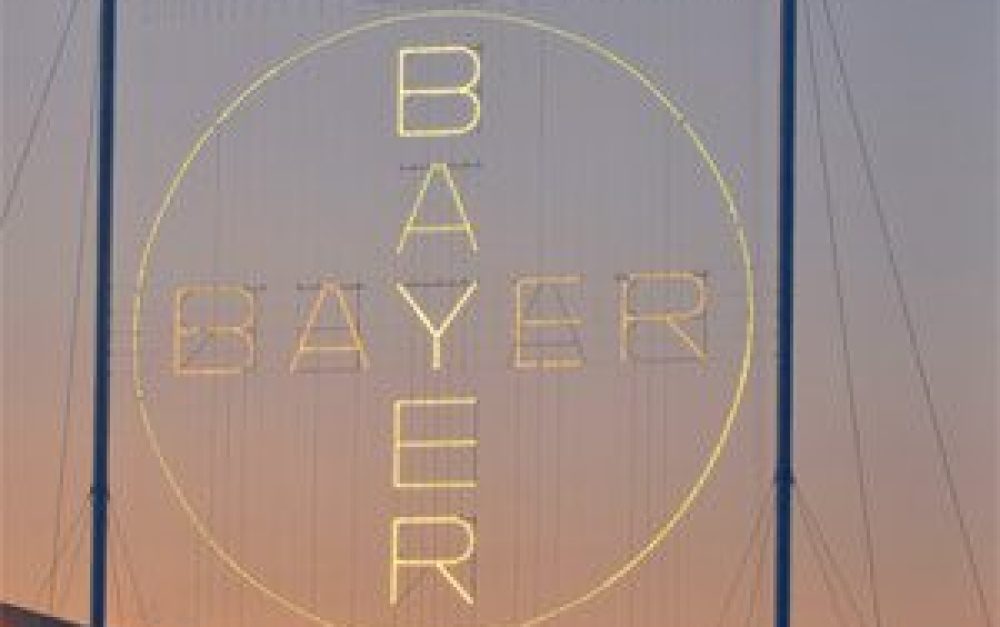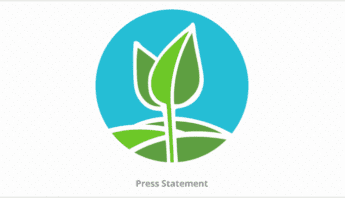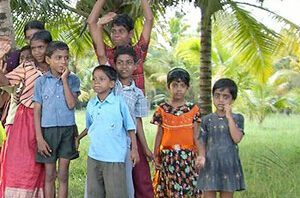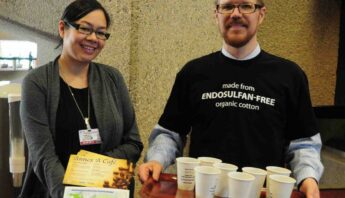I want to share some good news that brightened my day. One of the largest pesticide manufacturers in the world — Bayer CropScience — announced on September 15 that it will withdraw its most hazardous pesticides from the global market.
This is huge victory for the PAN International network and other NGOs from Europe, Asia, Latin America and Africa who have campaigned for years for Bayer to take this step. While I'm happy that Bayer finally did the right thing, it saddens me that the company waited 16 years to act after it first promised to withdraw these pesticides back in 1995. Who knows how many pesticide poisonings worldwide could have been avoided?
The pesticides Bayer has finally agreed to withdraw by the end of 2012 are known as WHO Class I pesticides. The World Health Organization (WHO) has a system classifying pesticides according to how hazardous they are to human health. Class I pesticides are divided into two categories: Class Ia (extremely hazardous) and Class Ib (highly hazardous). Over the years, these pesticides have been responsible for thousands of poisonings across the globe.
Class I pesticides like aldrin, endrin and dieldrin were part of PAN's original "Dirty Dozen" campaign, and were included on the Stockholm Convention's original list of chemicals targeted for global phaseout back in 2001. Class I pesticides like carbofuran and others are still in widespread use.
Persistent pressure leads to win
It took coordinated global pressure to convince Bayer to act. Back in December 2001 PAN, World Wildlife Fund and Coalition Against Bayer Dangers (CAG) organized a demonstration at Bayer's headquarters in Leverkusen, Germany urging the company to withdraw their Class I pesticides from the world market. According to Philipp Mimkes from CAG:
This is an important success for environmental organisations all over the world that have fought against the deadly pesticides for decades.
He added, however that in reality the company agreed to stop sales in part because the profit margins of these products have fallen. While welcoming Bayer’s announcement, Carina Weber of PAN Germany — a long time participant in this campaign — calls the move "overdue and not sufficient," and adds that "humans and ecological systems will continue to be damaged by other highly dangerous pesticides that Bayer continues to produce."
Endosulfan withdrawn in 2009
Bayer's latest move comes on the heels of another important global victory for PAN and our global partners. In July 2009, Bayer promised to phase out the hazardous pesticide endosulfan after a long worldwide campaign highlighting the horrific health impacts of this persistent pesticide.
With a UK-based organic and fairtrade clothing company called Pants to Poverty, PAN organized a coordinated day of action which helped spur Bayer's decision to phase out endosulfan. Cotton is one the biggest crops on which endosulfan was used, and the global action highlighted the unnecessary use of the pesticide in production of cotton underwear worldwide. The media-friendly event helped built momentum toward global phaseout of endosulfan under the Stockholm Convention in April 2011.
It was a moving and energizing moment for me, as I have been involved in the endosulfan campaign ever since I started working at PAN. Here’s saluting the staying power of PAN and allies across the globe, and looking forward to more victories in the fight for a safe, healthful future for all!







